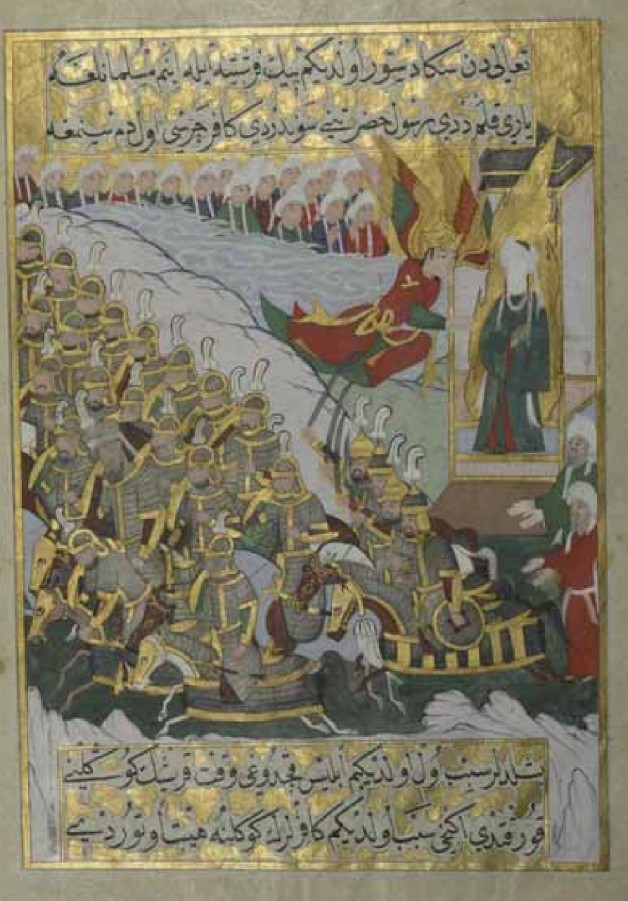How can we account the exceptional religious, military and political successes of the Islam in its first several centuries?
Islam in the first several centuries succeeded and spread as a result of military conquests, the missionary trade and pilgrimage. Vast territories were conquered by the Arab Muslim who built imperial structures as time went by. Most of the succession and expansion by Islam occurred during the period of Rashidun’s reign between 632 to 661 CE. The new political structure (caliphate) evolved during the Abbasid and Umayyad caliphates and became more sophisticated.
Successes of the Islam
The exceptional success of the military Islam can be attributed to the military conquests of the Arab Muslims that occurred over a short period of time immediately at the time when the Islam religion began. Islam was however adopted by a small percentage of the people immediately after its adoption not until 11th century when many people became subjects of the Islamic empires. The strategy of overtaking and attacking the weaker empires which worked to their benefit since they acquired the option of establishing a military presence in the new territories allowing them be invaded together with the surrounding regions.

Figure: Battle of Badr as one of the man conquests
Religious Islam succeeded due to the exchanges that occurred through the merchants, pilgrims and the missionaries in the early years which were different in nature and affected the native populations slowly resulting to the conversion to Islam with time. This were attributed to the spread of Islamic ideas through pilgrimage routes and trades in which people mingled with the local cultures of Islam and eventually got transformed. Similarly, allowing religious tolerance as opposed to religious persecution provided them with a sense of unity that made the religion succeed.
Ways in which the European West was unique and distinctive and how it was comparable to other third-wave civilizations.
The European west was distinctive and unique in such ways that the region was separate and secular from the presence of religion that was at that time controlled by the people with whom was at conflict with the governments. It was also unique due to it being the only third wave of civilization which had left several intellectual autonomy zones which continuously over time studied and contemplated the Greek philosophy and rationalism and of which they used the philosophers’ ideas to backup Christianity, for example Aristotle’s ideas, yet other civilizations had the Greek ideas held distantly to avoid any association with it. European west was also unique and distinctive since its systems of manoralism and feudalism has similar phenomena occurrences as in Japan but were unique in their form of disjoint and division into tiny kingdoms which formed the west.
The provision of unlimited freedom to the merchants in Western Europe due to its untied nature to the religion paved way to capitalism as opposed to that in the Islamic world. The Western European region was united by Christianity though it could not achieve a similar threshold of political unity. European West was comparable to china and the Islamic world civilizations due to the attempts of religious conquests of the crusaders but was slightly unique in the manner in which it affected the lands it conquered temporarily. It was also distinct as it has an internal geography that was most divisive compared to the other third wave civilizations.
It was comparable to other third-wave civilizations as it shared many similar features, for example the willingness to lend and to modify or even improve business practices, ideas or the technological innovations.
